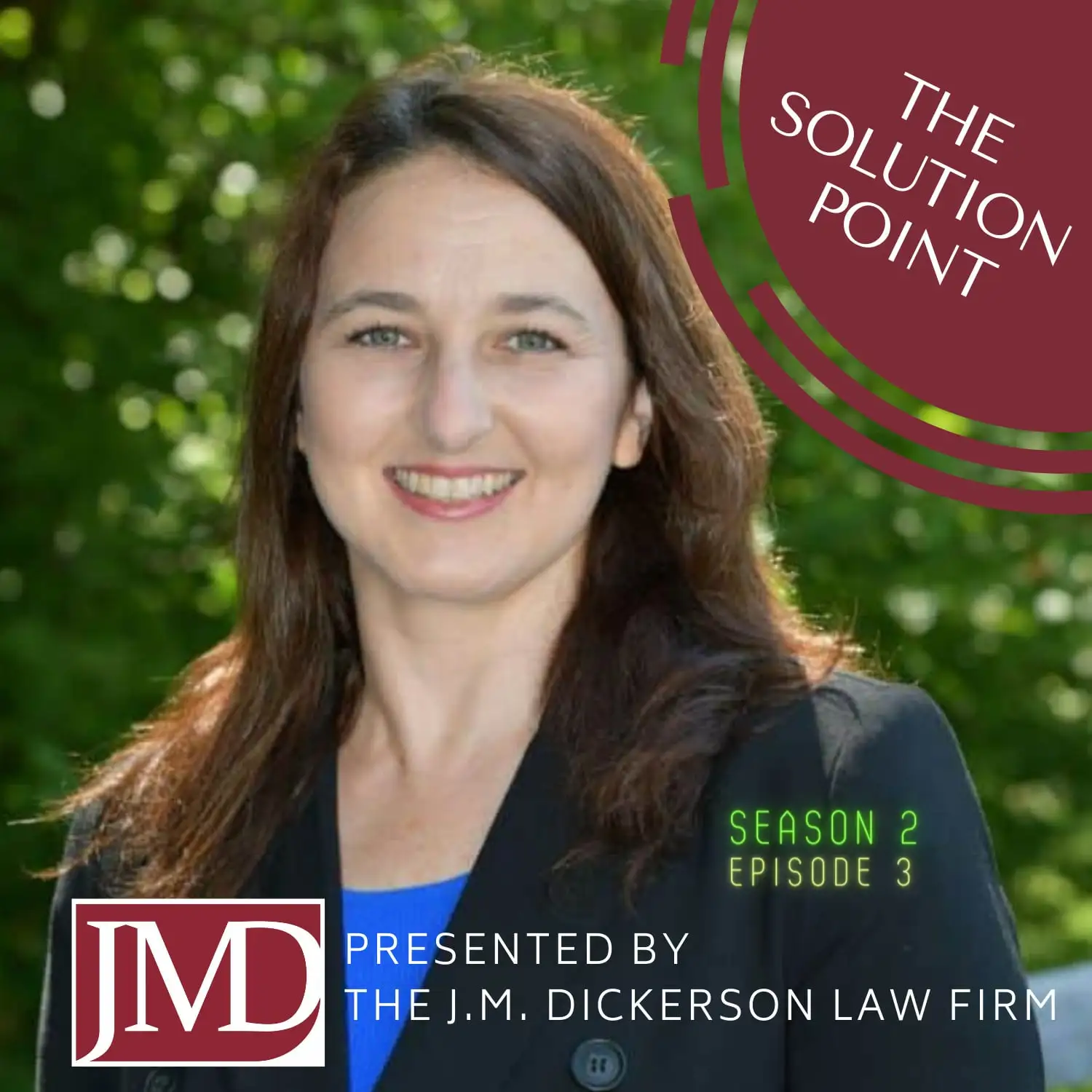Your credit scores may be low due to bankruptcy, years of bad spending habits, or accounts in default. You can start taking steps today to repair your credit and improve your financial health. The first thing is to gain an understanding of credit repair.
Start With Copies of Your Credit Reports
Before you can start working on your credit, you have to take a hard look at where you currently stand. And, what issues you have to fix. This step is often the most difficult. This is because those in need of credit repair often are unsure of how many accounts are in default, how much debt they have, and how bad their situation really is. However, knowing your starting point makes it easier to chart a path to your end point. Pull a copy of your credit report from each of the three agencies.
Dispute Errors
Credit agencies often have inaccurate information, either due to their own error or due to bad reports from creditors. Go through all of your reports with a fine-toothed comb. Ensure that every single report is accurate. Verify that each account is actually yours, that it has a current balance, and that it reflects your current status (on time or in default, for example). If there are any incorrect reports, you can dispute the report with the credit agency.
Reducing Balances
“Paying off debt” is an obvious credit repair strategy. Hence, it is one of the most important things you can do to improve your credit scores. Part of your credit score is determined by the amount of available credit on your revolving accounts. So, if all of your credit cards are maxed out, you’re at 0% available credit. Steadily increasing the amount of available credit you have can help your score improve.
Improving Your Income to Debt Ratio
Most people do not realize that their “income to debt ratio” is one of the most important components of a lender’s decision making criteria. Actually, most people do not even know what their “income to debt ratio” is! It’s simple math. How much income do you have as compared to how much debt you have. The higher your income is as compared to your debt, the more credit you have available and the better your “income to debt ratio” is. One great way to get there fast is through a bankruptcy filing. If you file for chapter 7 relief and your unsecured debt is wiped out, your income to debt ratio improves immediately.
Avoid New Credit Applications
No matter how good the discount is or what the terms of the card are, do not apply for new credit until you have made progress on your score by either paying down your debt or filing bankruptcy and getting relief from the debt. New credit applications can immediately decrease your credit score; it implies an irresponsible use of credit if you have lots of credit inquiries in a short period of time. If your application is approved, the new account decreases your average account length and negatively impacts your credit.
Keep Your On-Time Payment Percentage High
Many people end up with late payments on their reports not because they do not have the money, but because they do not have a strong organizational system in place. Even if you’re currently behind on payments, you can get current. Keep a spreadsheet of your accounts, their due dates, and their payment amounts. If you know you can keep the money in your checking account for your payments, set up autopay so you can put it out of your mind.
Repairing your credit can take years, but it’s a project that can change your life. Understanding credit repair is a great place to start. For help with credit repair options or bankruptcy, contact the Lucid Law debt relief team.



